Politburo member and National Assembly Chairman Tran Thanh Man attended the meeting.
.jpg)
Presenting the Proposal on the draft law, Acting Minister of Agriculture and Environment Tran Duc Thang said that the amendment and supplementation of a number of articles of the Law on Geology and Minerals aims to promptly resolve problems arising in practice.
The focus is on perfecting the licensing mechanism, exploitation and use of minerals to serve important national projects and works; urgent and urgent investment projects decided by competent authorities; public investment projects and public-private partnership (PPP) projects.

At the same time, the amendment also aims to remove shortcomings in regulations on criteria for delimiting areas where mineral exploitation rights are not auctioned, ensuring the release of all resources - including mineral resources - for socio-economic development in the new situation.
In addition, it is necessary to legalize regulations on decentralization and delegation and supplement separate regulations on rare earth management, suitable to the current context.
The Draft Law amending and supplementing a number of articles of the Law on Geology and Minerals consists of 3 articles: Article 1 includes 30 clauses amending and supplementing a number of articles of the Law on Geology and Minerals No. 54/2024/QH15; Article 2 stipulates the provisions for the implementation of the Law; Article 3 stipulates transitional provisions.

Presenting a summary of the review report, Standing Deputy Chairman of the National Assembly's Committee on Science, Technology and Environment Ta Dinh Thi said that the Committee agreed with the need to amend and supplement a number of articles of the Law on Geology and Minerals. However, it is necessary to continue to study and supplement a more complete assessment of the impact of a number of related contents, especially the issue of rare earths.
According to the Committee, the regulation at Point b, Clause 2, Article 1 has not clearly defined the competent authority to declare a “state of emergency” and has not stipulated a mechanism to control the volume and scope of exploitation as well as the obligation to restore the environment, which is at risk of being exploited for exploitation without auction, against planning, causing loss of resources and environmental pollution. The Committee proposes to only allow the application of this regulation when there is a decision on a state of emergency by the Prime Minister or a competent authority, and at the same time clearly stipulates the obligation to report and restore the environment after the end of exploitation activities.
The Committee also proposed considering designing a separate chapter regulating strategic minerals, which includes many sections, including a section regulating general issues regarding strategic minerals; a section regulating rare earth minerals; and a section regulating other strategic minerals.
Regarding the criteria for delimiting areas where mineral exploitation rights are not auctioned (Article 1, Clause 23), there are opinions suggesting to study regulations in the direction that all mineral exploitation rights must be granted through auction. The exclusion of mineral areas not auctioned can be replaced by adding conditions for participating in auctions, especially for mineral areas at borders, coastal areas, and areas that affect national defense and security.
Discussing at the meeting, many delegates were interested in rare earth management and mineral reserve assessment.
Chairman of the National Assembly's Committee on Law and Justice Hoang Thanh Tung suggested that the drafting agency consider adding a separate chapter on rare earths, or adding a more general chapter regulating the management and use of strategic minerals, including rare earths.
Raising the issue of managing mine reserves, Chairman of the National Assembly Delegation Affairs Committee Nguyen Thanh Hai noted that there are many ways, technologies, techniques and methods to assess reserves. Therefore, it is necessary to have clear regulations on reconciliation, inspection and examination in the current assessment of reserves to prevent loss of resources.
In addition, the delegates also requested the drafting agency to pay attention to the reclamation of mines after the mining period ends. Currently, there is no clear mechanism to force enterprises to rehabilitate after mining, leading to many abandoned mine areas, affecting local communities.

Concluding the meeting, Vice Chairman of the National Assembly Le Minh Hoan emphasized a number of issues that the drafting agency needs to pay attention to, research, and continue to perfect the draft Law to clear up current bottlenecks.
Source: https://hanoimoi.vn/dai-bieu-quoc-hoi-ban-khoan-ve-quan-ly-dat-hiem-719602.html








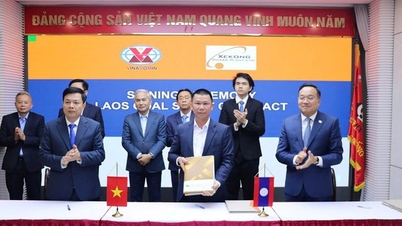

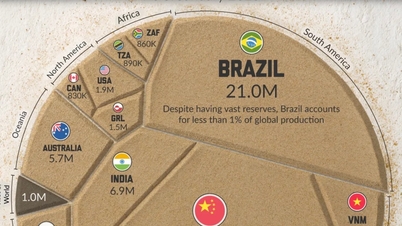

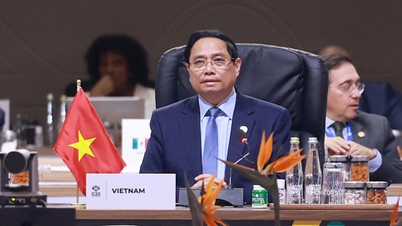

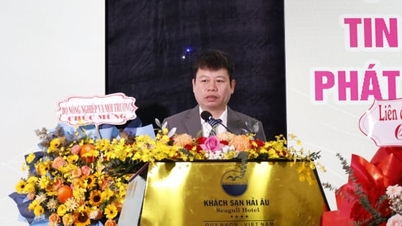
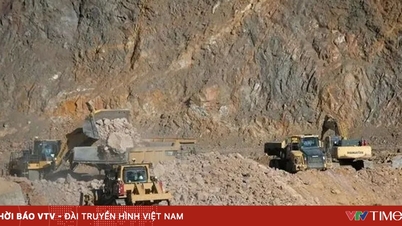









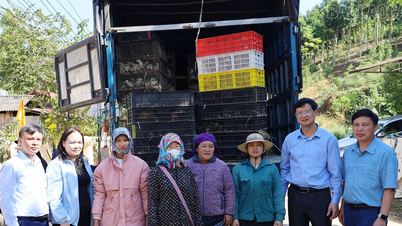
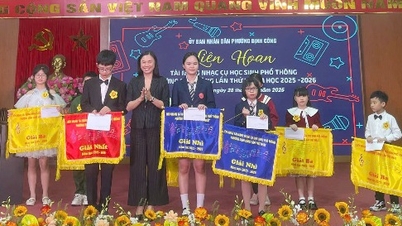






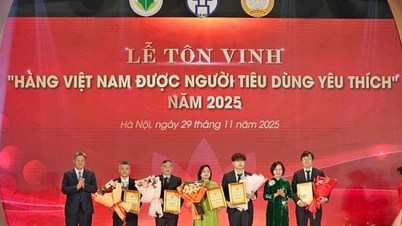
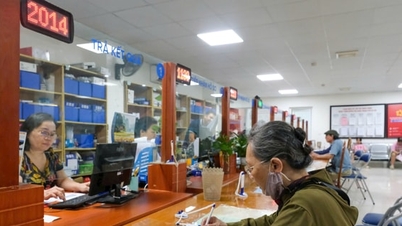
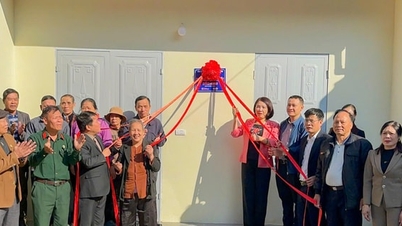
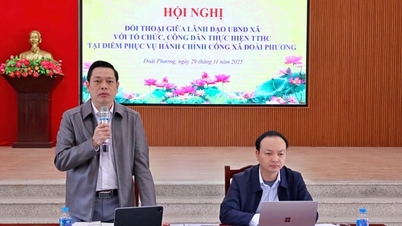



















































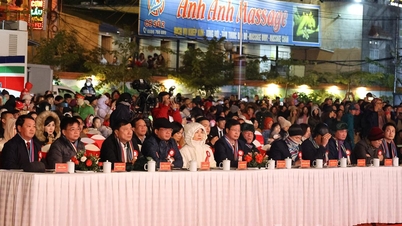


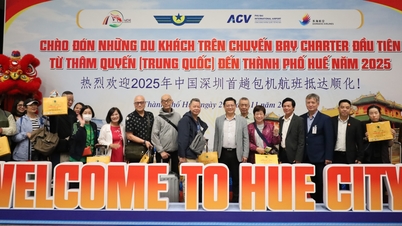



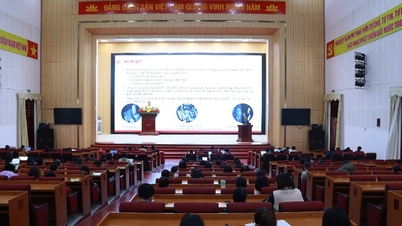












Comment (0)